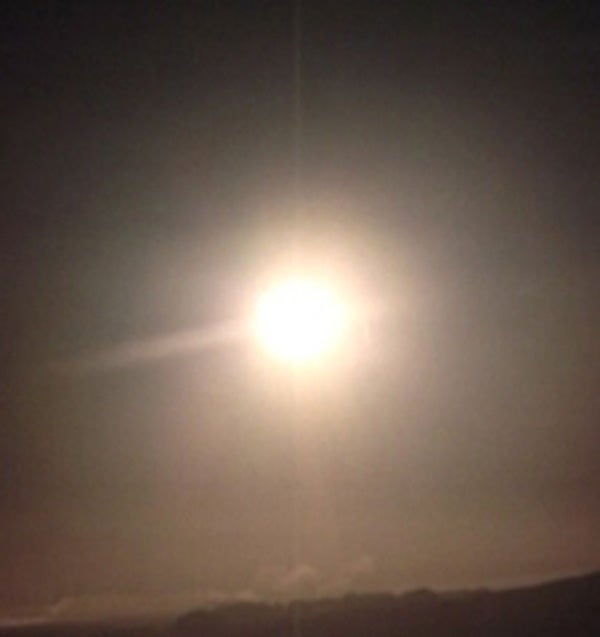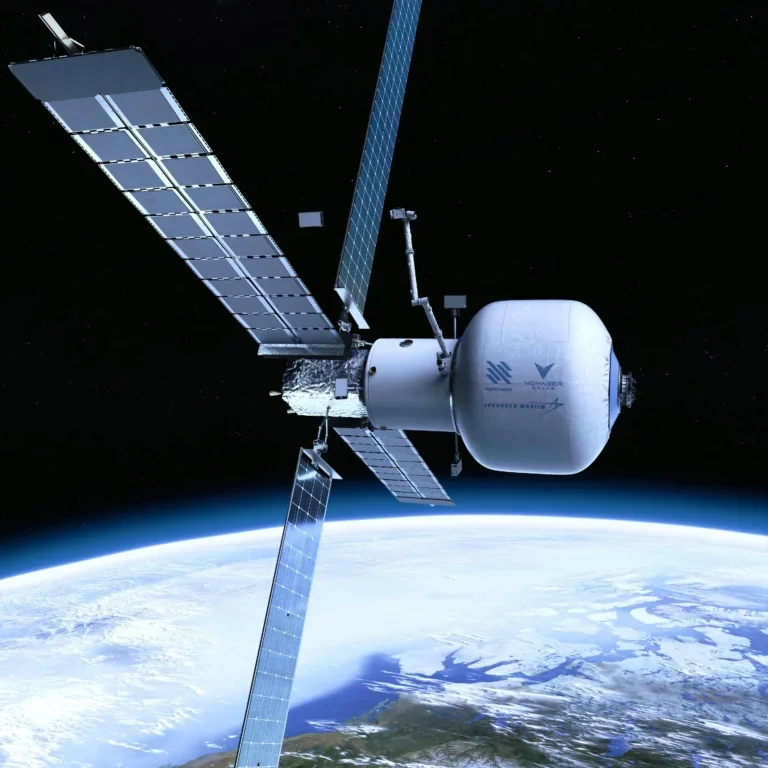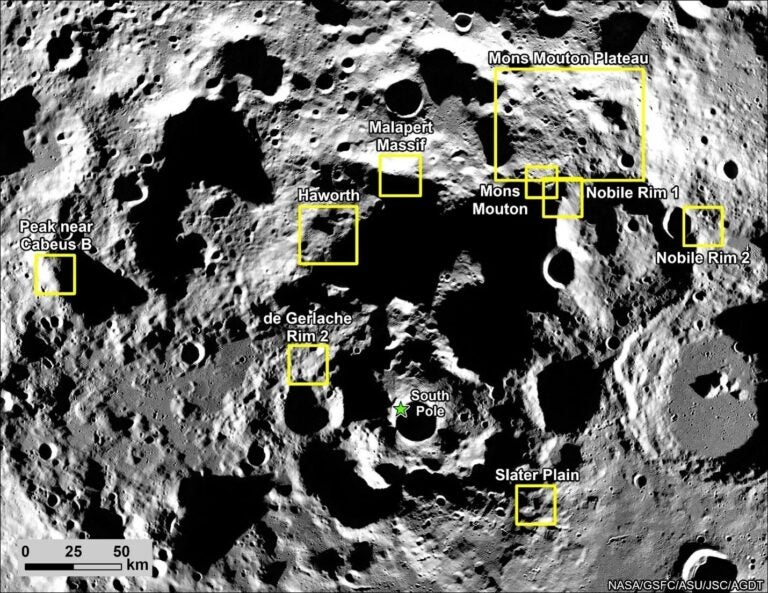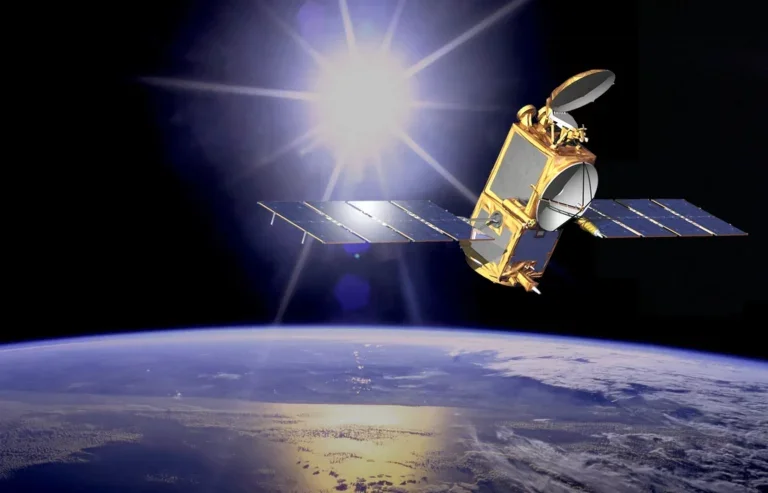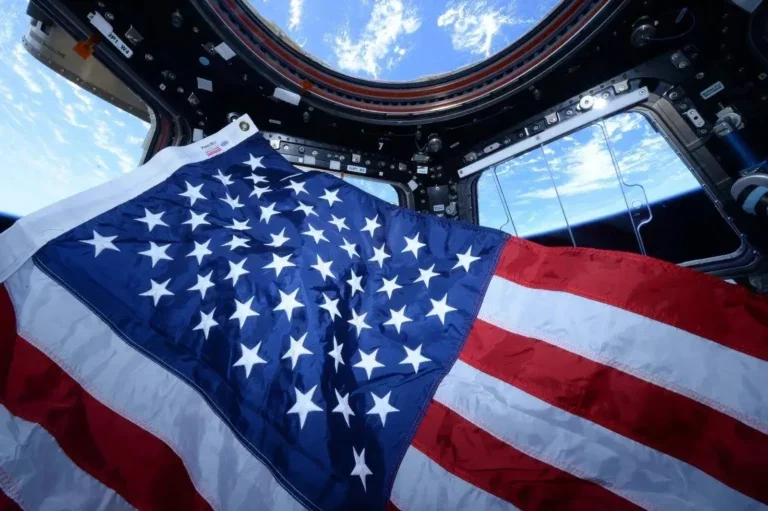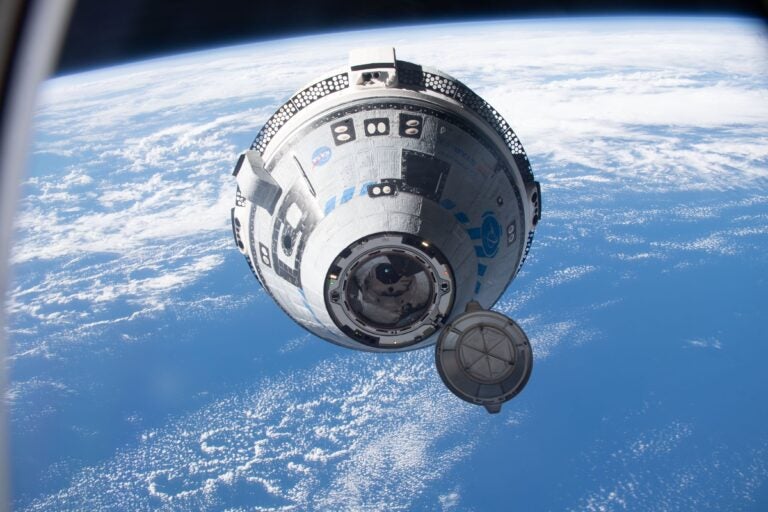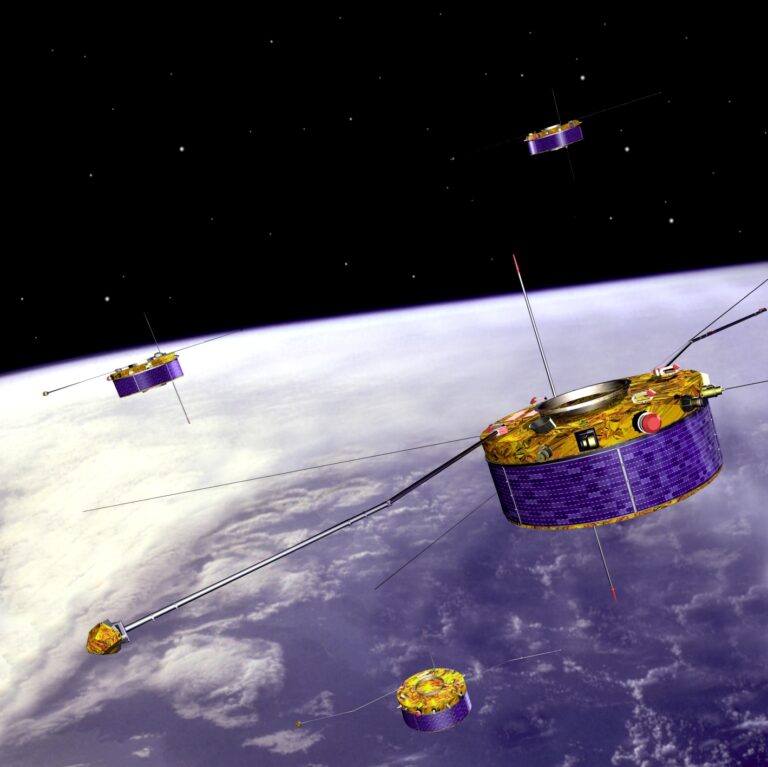NASA has begun the process of creating a Mishap Investigation Board to evaluate the cause of the failure. Telemetry indicated the fairing, a protective shell atop the satellite’s Taurus XL rocket, did not separate as expected.
The launch proceeded as planned from its liftoff at 5:09 a.m. EST through the ignition of the Taurus XL’s second stage. However, the fairing failure occurred during the second stage engine burn. It is likely the spacecraft fell into the South Pacific, although the exact location is not yet known.
NASA’s previous launch attempt of an Earth science spacecraft, the Orbiting Carbon Observatory onboard a Taurus XL February 24, 2009, also failed to reach orbit when the fairing did not separate.
NASA’s Orbiting Carbon Observatory Mishap Investigation Board reviewed launch data and the fairing separation system design, and developed a corrective action plan. The plan was implemented by Taurus XL manufacturer Orbital Sciences Corporation. In October 2010, NASA’s Flight Planning Board confirmed the successful closure of the corrective actions.
The Glory Earth-observing satellite was intended to improve our understanding of how the Sun and tiny atmospheric particles called aerosols affect Earth’s climate.
NASA has begun the process of creating a Mishap Investigation Board to evaluate the cause of the failure. Telemetry indicated the fairing, a protective shell atop the satellite’s Taurus XL rocket, did not separate as expected.
The launch proceeded as planned from its liftoff at 5:09 a.m. EST through the ignition of the Taurus XL’s second stage. However, the fairing failure occurred during the second stage engine burn. It is likely the spacecraft fell into the South Pacific, although the exact location is not yet known.
NASA’s previous launch attempt of an Earth science spacecraft, the Orbiting Carbon Observatory onboard a Taurus XL February 24, 2009, also failed to reach orbit when the fairing did not separate.
NASA’s Orbiting Carbon Observatory Mishap Investigation Board reviewed launch data and the fairing separation system design, and developed a corrective action plan. The plan was implemented by Taurus XL manufacturer Orbital Sciences Corporation. In October 2010, NASA’s Flight Planning Board confirmed the successful closure of the corrective actions.
The Glory Earth-observing satellite was intended to improve our understanding of how the Sun and tiny atmospheric particles called aerosols affect Earth’s climate.

